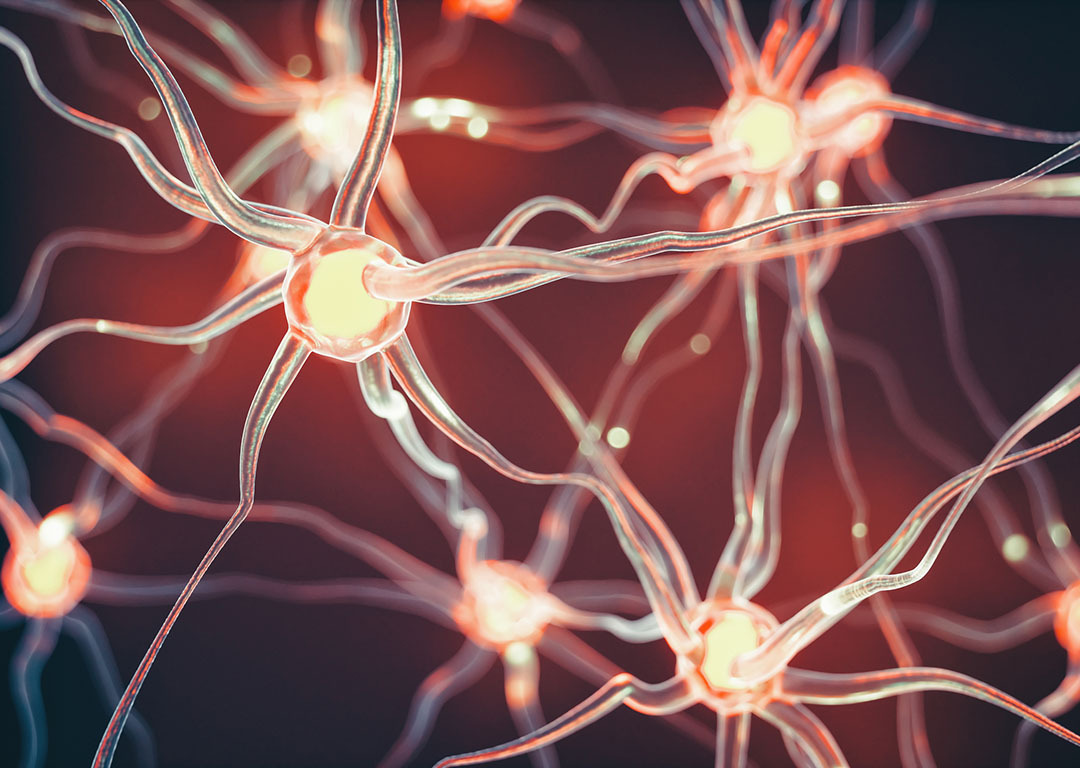Have you ever been driving somewhere and don’t remember how you got there, been zoned out during a conversation or lost the plot of a complicated Scandi thriller?
Mindfulness is about being present in the moment - aware of everything that is happening as it happens without making mental lists, mulling over past or future events and ‘drifting off’.
"It's easy to stop noticing the world around us," says Professor Mark Williams, one of the pioneers of Mindfulness Based Cognitive Therapy (MBCT).
"An important part of mindfulness is reconnecting with our bodies and the sensations they experience. This means waking up to the sights, sounds, smells and tastes of the present moment. That might be something as simple as the feel of a banister as we walk upstairs.”

Another part of being mindful is recognising that our thoughts are not us: they are as transient and ephemeral as clouds passing in the sky. Anxiety and depression are often the result or recurring negative ideas and thoughts that spiral out of control. A lot of mindfulness exercises involve stepping back from your thoughts and simply observing them, rather than trying to stop them or ‘clear your mind’.
"Mindfulness also allows us to become more aware of the stream of thoughts and feelings that we experience," says Professor Williams, "and to see how we can become entangled in that stream in ways that are not helpful.”
Mindfulness encourages people to get critical thoughts about the past and future into perspective, so they no longer dominate. It uses tools - such as meditation, breathing or awareness – to ground us in the present moment.
“This lets us stand back from our thoughts and start to see their patterns. Gradually, we can train ourselves to notice when our thoughts are taking over and realise that thoughts are simply 'mental events' that do not have to control us.
Why do I need to be mindful?

Mindfulness isn’t just a fad, like eating kale or swishing coconut oil around your mouth. There has been a lot of documented research on the benefits of mindfulness to our mental health, and even evidence that it changes our brains. A study by Harvard-affiliated researchers at Massachusetts General Hospital was the first to document meditation-produced changes to the brain through neuroimaging. Sixteen participants listened to meditation guides for eight weeks; their MR images found increased grey matter density in the hippocampus, known to be important for learning and memory, and in structures associated with self-awareness, compassion, and introspection.
Since then, more research has shown how regularly practising mindfulness can protect us from toxic stress and can help us make important decisions. Mindfulness Based Cognitive Therapy (MBCT) – which comic and writer Ruby Wax wrote about in her books Sane New World and Frazzled – is recommended by NICE to treat recurring depression, while the NHS suggest using it to help deal with anxiety. Schools are now encouraged to introduce daily mindfulness sessions to help children deal with anxiety and stress.
Be mindful, however, that mindfulness is not recommended for people suffering with social anxiety or PTSD, while studies on more serious mental issues are still in very early days. Go to mind.org for more information.
How can I practise mindfulness?

To be present and notice what is around you without drifting off can be challenging at first, especially if you are a worrier or have lots going on in your life. Like most good things, being mindful takes practise and time.
Mindfulness is a Buddhist concept, and Buddhists continually practise mindful meditation. But you don’t need to head off to an ashram, be religious or spiritual to achieve mindful nirvana. The joy is that anyone can do it.
Studies have shown that even 10 to 15 minutes practise a day for eight weeks can be transformative. You can download a meditation app to your phone (the most famous being headspace.com) and find somewhere quiet and safe to sit with your eyes closed. You can join a meditation class, go on a mindful walk or immerse yourself in a mindfulness retreat.
"Even as we go about our daily lives, we can notice the sensations of things: the food we eat, the air moving past the body as we walk," says Professor Williams. "All this may sound very small, but it has huge power to interrupt the 'autopilot' mode we often engage day-to-day, and to give us new perspectives on life."
After regular practise, being mindful gets easier: you can do it at the bus-stop, in the shower, while washing up... anywhere. At its core is the ability to bring yourself fully into your body. You can do this by noticing how the water feels on your skin, what sounds you can hear, what you can smell, taste and see.
Practising deep breathing exercises can also help to ground you in your body. Some people begin each meditation session by paying particular attention to the sensations of deep in- and out-breaths in the chest and stomach, simply noticing when their mind wanders, then bringing it gently back to the breath again.

If you can find the time to practise being present and aware as part a daily mindfulness meditation, you could see an improvement in your ability to focus, your relationships, your self-care and in your mental and physical wellbeing generally.
A mindful exercise to get you started
The body scan is a famous mindfulness exercise. You can do this lying down or seated; just make sure you won’t be disturbed – maybe set a gentle phone alarm for 15 minutes.
Close your eyes and notice the sensations of where your body makes contact with the floor or chair. Then slowly scan your body, bringing awareness to each part, non-judgementally, simply noticing then moving on. Start with the crown of the head, then scan very slowly and mindfully down through the face, eyes, chin and ears, neck, shoulders, chest, stomach, pelvis, legs and feet. Notice when your mind wanders – this is perfectly natural – then gently bring your focus back to the part of the body you were observing.
If you prefer, get a trusted friend to read the body scan to you as a guide.
Mindful Spas:
Try mindful walks at Elan Spa at Mallory Court in Warwickshire.
Have a Mindful Touch Massage or Facial with Natura Bisse at Pennyhill Park, Surrey.
Book a Mindfulness Retreat at Champneys.
Spend some time in the meditation rooms at Aqua Sana Spas, Nationwide.
Book the Signature Serene Sleep Treatment at The Spa at The Midland in Manchester. Afterwards curl up in a hanging pod in the relaxation room.

Savant Spy
9th May 2018
Spy Likes:
Clever, inspiring design, sublime views, a vast, clean and empty pool, solitary relaxation areas to read, write or commune with my muse.
Spy Dislikes:
Small talk, discussions about spirituality or astrology, any products containing tea tree oil or aloe (sadly am allergic), busy pools where you can’t do laps.
